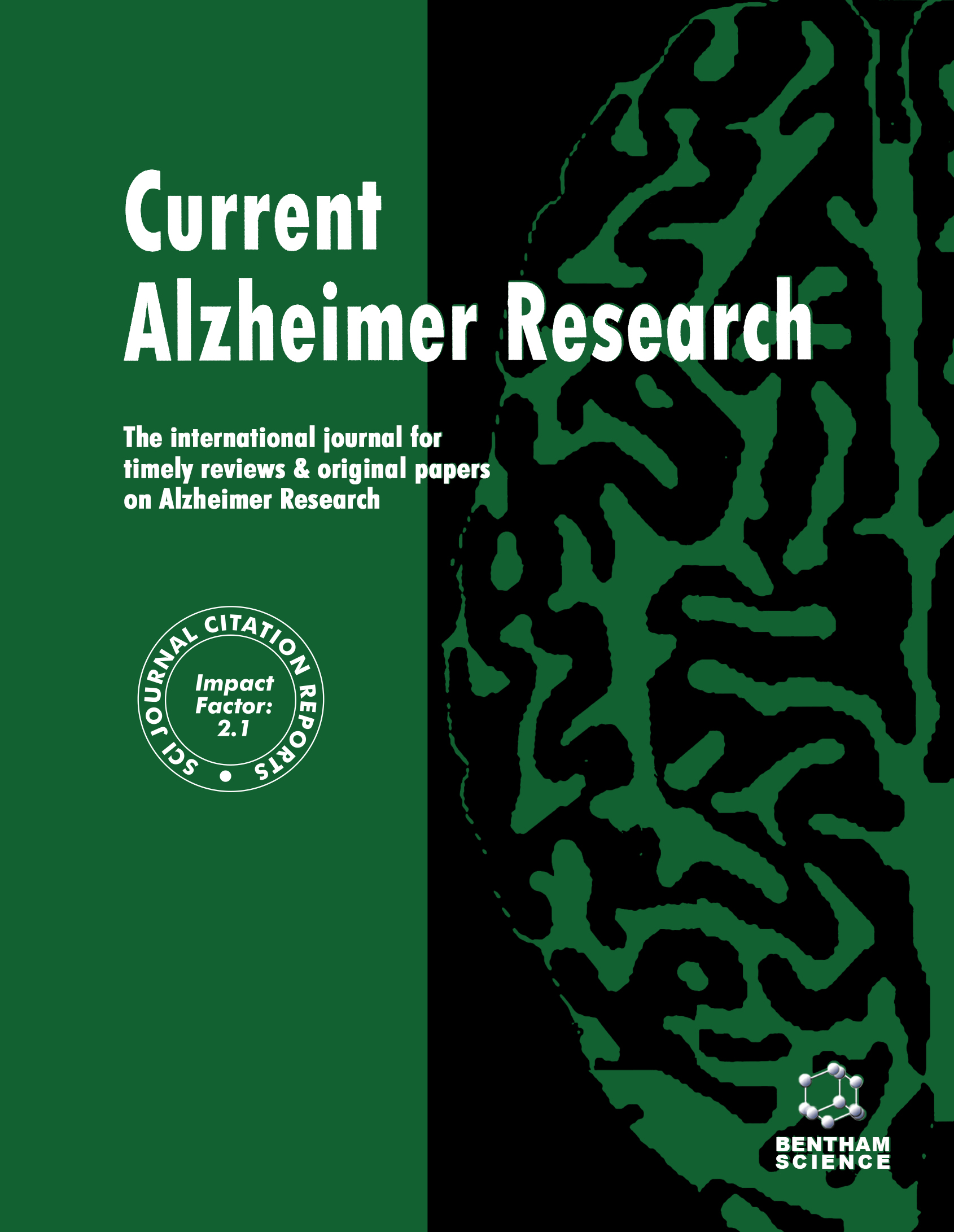-
s Bloodborne Pancreatic Amylin, a Therapeutic Target for Alzheimer's Disease
- Source: Current Alzheimer Research, Volume 19, Issue 14, Dec 2022, p. 905 - 908
-
- 01 Dec 2022
Abstract
Alzheimer Disease (AD) pathology has been linked to brain accumulation of β amyloid (Aβ) and neurofibrillary tau tangles. An intriguing question is whether targeting factors independent of Aβ and tau pathologies could delay or even stop neurodegeneration. Amylin, a pancreatic hormone cosecreted with insulin, is believed to play a role in the central regulation of satiation and was shown to form pancreatic amyloid in persons with type-2 diabetes mellitus. Accumulating evidence demonstrates that amyloid-forming amylin secreted from the pancreas synergistically aggregates with vascular and parenchymal Aβ in the brain in both sporadic and early-onset familial AD. Pancreatic expression of amyloid-forming human amylin in AD-model rats accelerates AD-like pathology, whereas genetically suppressed amylin secretion protects against AD effects. Thus, current data suggest a role of pancreatic amyloid-forming amylin in modifying AD; further research is required to test whether lowering circulating amylin levels early during AD pathogenesis may curb cognitive decline.


